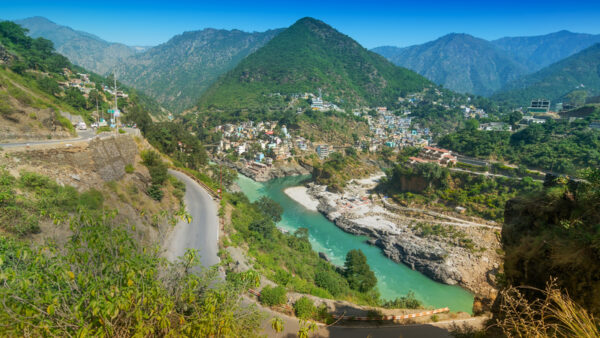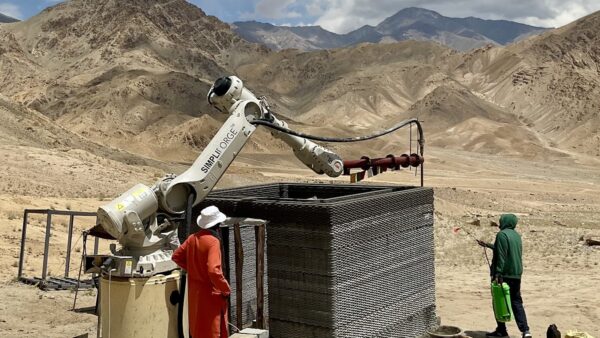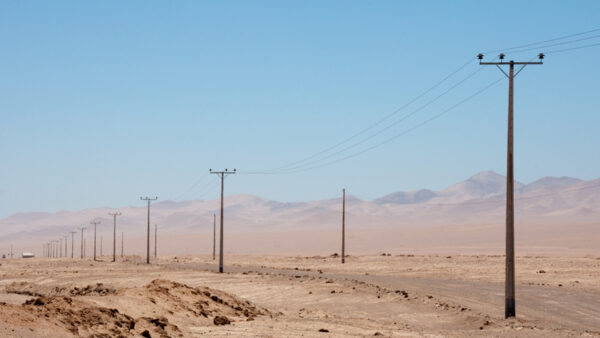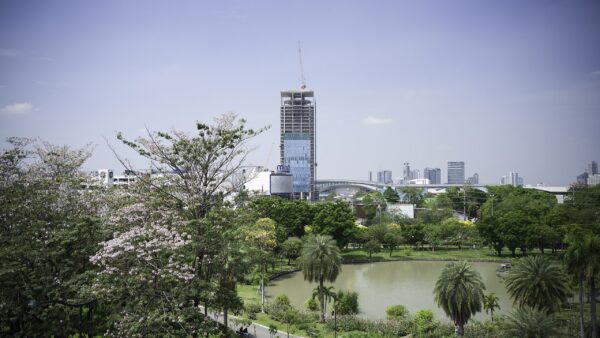China has set out a vision to revive the famous overland trade route to Europe that formed more than 2,000 years ago, but instead of camels and caravans hauling spices and tea, it would be high-speed trains hauling people and modern freight.
Anchoring the plan is a 6,000-km high-speed link from China’s western Xinjiang Province that passes through Kyrgyzstan, Tajikistan, Uzbekistan, Turkmenistan, Iran and Turkey to Bulgaria and, from there, straight into the heart of Western Europe.
It would involve more than 40 Asian and European countries and would knit together regions with a combined population of 3 billion, Chinese media have been saying.
It would allow China to ship its manufactured goods to the West more quickly and reliably than sea routes allow, and at a fraction of the cost of air freight.
Chinese president Xi Jinping first floated the “Silk Road Economic Belt” idea last year, but momentum was stoked this month when China invited nearly 100 representatives from 11 countries to Beijing to discuss it.
During the forum, held 2-3 July, senior Communist Party of China official Liu Yunshan called on media organisations along the proposed route to “work more closely to deepen people’s understanding and mutual trust”, state news agency Xinhua reported.
Chinese media report one expert saying that the line would cost $150bn and be complete by 2030, but that a host of factors, including geopolitics and getting all countries to agree to standard gauge railways, would present challenges.
The new Silk Road makes good economic sense for China, according to the Australia’s Lowy Institute for International Policy.
“The US subtly threatens China’s sea routes, whereas the Eurasian ‘heartland’ is a landlocked space occupied by weak countries,” wrote Julian Snelder on the institute’s blog.
“China offers them investment, trade and security assistance, and in return gets a lock on Kazakh oil and Turkmen gas. Beijing cherishes the goal of ‘breaking through’ to the Indian Ocean, the Persian Gulf and Europe…”
On Friday Turkey celebrated the opening of a high-speed rail link between Ankara and Istanbul, built by a Chinese-Turkish joint venture and part funded by a Chinese loan.Â
Chinese media quoted a Turkish official as saying this small link would eventually “constitute an important part of the modern Silk Railroad“.
Comments
Comments are closed.











no doubt the new steel silk road would mean the trade dominance of East over the West; soon!